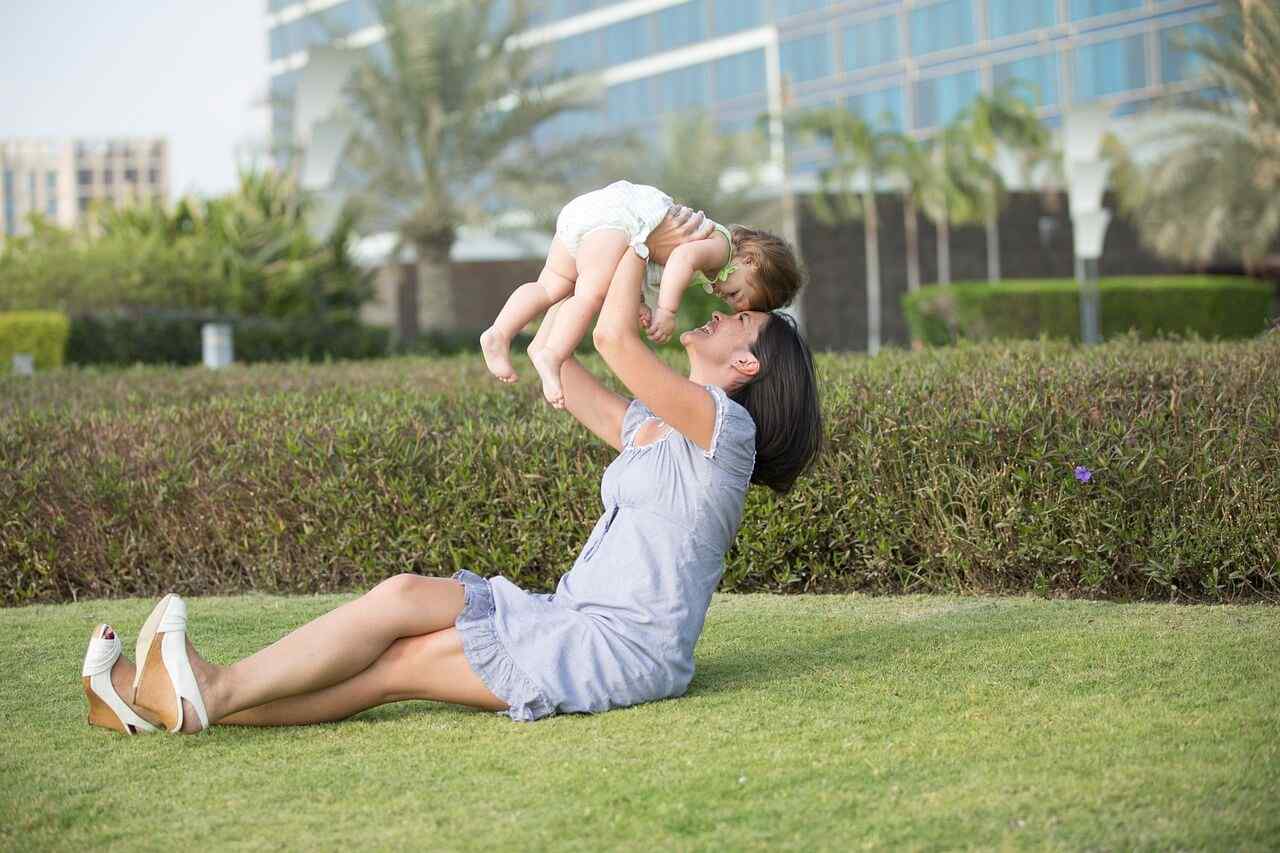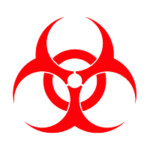Sohini M.
Sohini has completed her training on Advanced Cardiovascular Life Support (ACLS) program and shares a passion for writing. She is dedicated to spreading vital medical knowledge through her engaging and informative articles. Sohini also enjoys volunteering in her community and staying updated on the latest advancements in medical science.






